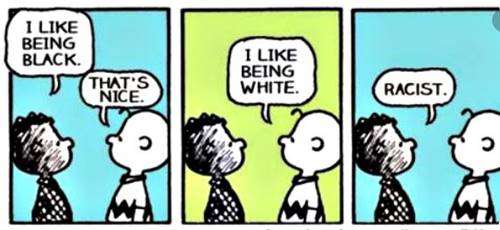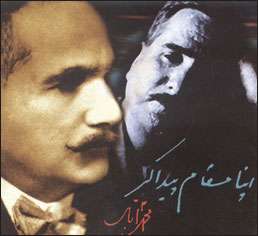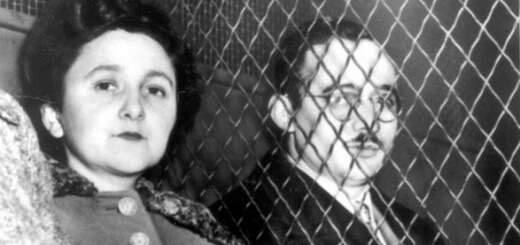A Short History of Political Correctness: By Ahmed Abbas
A Short History of Political Correctness: Research Article by Ahmed Abbas
The origins of the phrase ‘politically correct’ are rather obscure. Some trace it to Mao-Tse-Tung, who, in one of the thoughts in his ‘Little Red Book’, asked, “Where do correct ideas come from?” In 1975 Karen DeCrow, the president of the National Organization for Women, told critics that NOW was moving in an ‘intellectually and politically correct direction.’ But it has also been claimed that the term appeared as early as the 1960s to refer in an ironic or derisive manner to people who tailored their views to fit prevailing political fashions.
Whatever its origins, the phrase ‘politically correct’ acquired a new vogue in the late ‘80s. Then it began to be used, first on college campuses and later by the media, as a pejorative term to describe a loose collection of feminists, Marxists, multiculturalists and deconstructionists together with their assorted left- wing positions on race, sexual orientation, gender, class, the environment, and related issues. It was considered politically correct, for example, to recycle newspaper, to oppose the wearing of fur coats, to decry capitalism and consumerism, to abhor the pernicious influence of advertising and television, to support a woman’s right to an abortion, to use the term ‘Native American’ instead of ‘Indian’ and ‘African-American’ instead of ‘black.’ On a larger scale, politically correct thinking concluded the view that western history is primarily a narrative of exploitation and oppression and that Americans ought to celebrate the ‘otherness’ or ‘difference’ of the women, homosexuals and ethnic groups who had long been denied by the white males who traditionally controlled Western society. The most controversial feature of politically correct behavior, however, was an inclination to suppress, or at least vociferously condemn, books and viewpoints and even social activities that, regardless of how innocuous, were believed to be racist or sexist.
A professor at Harvard, for example, was forced to cancel a screening of a film he had assigned his class because one character was a black maid, which some students considered demeaning to all blacks. Also, at Harvard, a dean denounced dining hall workers for holding a ‘Back to the Fifties’ party, because segregation had still existed during that decade. More seriously, student at the University of Northern Colorado successfully demanded that the school withdraw a speaking invitation to Linda Chavez, a Hispanic member of the Reagan administration, because Chavez opposed affirmative action and believed immigrants should be encouraged to speak English.
By the end of millennium, political correctness had become the focus of ar international debate. Newspaper articles, magazine cover stories, books, radio ard television talk shows, and numerous academic panels discussed the merits ard dangers of PC, to use the shorthand that became popular on college campuses. Neoconservative critics such as Roger Kimball, author of Tenured Radicals, and Dinesh D’Souza, author of 1991 bestseller Illiberal Education, attributed the phenomenon to ‘radicals’ who came of age in the ‘60s, had now reached positions of power on college campuses, and were using those positions to indoctrinate students with their own left-wing political agenda. Certain professors admitted as much. “I see my scholarship as an extension of my activism,” said Annette Kolodny, a former- Berkeley radical who had become Dean of the humanities faculty at the University of Arizona.
The neoconservatives were joined in their attack by traditional scholars who maintained that politically correct professors and .administrators were depriving students of the opportunity to grapple with civilization’s greatest thinkers by substituting, in the name of multiculturalism or cultural diversity, the woks of inferior female and minority writers for those of ‘dead white males’ like Aristotle and Freud. Furthermore, claimed the traditionalists, many of whom had joined an organization called the National Association of Scholars that advanced their views, proponents of politically correct attitudes minimized and at times totally rejected the cultural and political accomplishments of Western Civilization.
Finally, by branding anyone who disagreed with them, a racist or sexist, the politically correct were inhibiting debate and infringing on academic freedom. Advocates of cultural diversity, however, responded that the incidents cited by conservatives and traditionalists were isolated and unrepresentative or the complaints of the students were justified. In modem global scenario where the reader and students experience a continuous flux of information, nothing is outside the scope of education and the progress can only be substantiated through incorporating this principle both in letter and spirit.














